If John Bolton gives a full accounting of what he saw as national security adviser in his new book — and it seems he might have — he deserves credit for it regardless of what he did or did not do during the impeachment hearings and trial. He will have done the nation a service, argues Thomas Wright. This piece originally appeared in The Atlantic.
I am not a fan of John Bolton. I’ve written several critical essays about his time as national security adviser. He is incapable of strategic thought, he failed to run a proper interagency process and excluded people he personally disagreed with on issues, he tried to box Donald Trump into launching wars and interventions that the president was skeptical of, and he is blinded by his own ideology about international law. In some policy areas, including Iran, he was the most dangerous person in the administration. I believe he made America weaker and damaged the national interest. He was wrong to refuse to testify in front of the House of Representatives during January’s impeachment hearings, and he should have spoken out when Senate Republicans refused to call him as a witness in the trial.
But I have to acknowledge that Bolton behaved honorably as national security adviser when he told his staff to report illegality to the White House lawyers. He also defended those who served under him against Trump loyalists. He is right to publish his book. If he gives a full accounting of what he saw as national security adviser — and from a recent article in The New York Times and an excerpt in The Wall Street Journal, it seems he might have — he deserves credit for it regardless of what he did or did not do during the impeachment hearings and trial. He will have done the nation a service.
According to the Wall Street Journal excerpt, Bolton says that at the 2019 G-20 summit in Osaka, Japan, Trump personally asked Chinese President Xi Jinping to buy large quantities of soybeans to help the American president in the upcoming November election. Xi should do this, Trump said, because of the Democrats’ great hostility toward China. In a different meeting at the summit, Trump reportedly told Xi he supported the building of concentration camps for China’s Uighurs in Xinjiang — the largest mass detention of civilians since World War II. It was the second time he said this to Xi. Bolton also claims that Trump was willing to intervene in investigations as a favor to people he liked. All of this, Bolton wrote, amounted to “a pattern of fundamentally unacceptable behavior that eroded the very legitimacy of the presidency.” Bolton concludes the excerpt by observing that Trump has been soft on China and his tough stance post-coronavirus may not last beyond November. In this excerpt alone, the former national security adviser has eviscerated the Republican case for Trump’s foreign policy.
There is no question that this book contains explosive revelations that could well have an impact on the election. It is so hard-hitting that I wonder if Bolton deliberately intends to aid Joe Biden, or perhaps to help Republicans take advantage of their plummeting poll numbers to pressure Trump into dropping out, as outlandish as that sounds.
The United States is 138 days away from an election that will surely rank alongside 1860’s as one of the two most consequential in its history. Anybody who has knowledge about Donald Trump should speak up now, because the information will not matter on November 4.
Very few people who served in his administration have talked about what they saw. My friend and colleague Fiona Hill did. Marie Yovanovitch did. Alexander Vindman did. But where are the most senior officials? Where is Gary Cohn? Rex Tillerson? Jon Huntsman Jr.? Nikki Haley? H. R. McMaster has a book coming out in the fall, but it is unlikely to say much about Trump. Jim Mattis and John Kelly finally spoke out when Trump was poised to use the military against peaceful protesters, but they have still said precious little about what they saw on the inside as secretary of defense and chief of staff, respectively. Many former administration officials have run to ground or rallied to Trump’s side. Occasionally a little snippet will appear about a remark they made in a speech, but nothing more. No doubt if Trump loses in a landslide, we will hear a lot more about the concerns they had. Those admissions will be too late.
John Bolton is the only senior official who is actually speaking out. Yes, he should have testified in front of Congress, but would it have materially affected the outcome? The overwhelming majority of Republicans never would have voted to convict.
Many observers have questioned Bolton’s motives for refusing to testify and instead writing a book. Perhaps Bolton, a partisan to his bones, did not want to side with Democrats in the impeachment trial. Maybe he wanted to get paid for his information. Maybe he dislikes Trump because the president didn’t start a war. Maybe he thought impeachment should not take place when an election was imminent. Maybe it took him a while to accept that he would burn all bridges with Trump. Does the reason actually matter? All that counts is that he says what he saw — before the election.
Keep in mind that Bolton is paying a cost for his actions. Even though he left the Trump administration, he may have hoped to return in a second term. He fully intended to start a political action committee. If he wrote a book praising Trump, it would have been cleared for publication, it would have sold well to the MAGA crowd, and he could have kept the royalties. He is now a political orphan. Thanks to the Trump administration’s civil lawsuit, he may not receive a cent for the book.
That alone should not make us sympathetic to Bolton, nor should we forget about policy differences, but spilling the beans is a public service. He deserves praise. Belittling or dismissing this as irrelevant because the impeachment train has long since departed not only grossly understates the importance of this moment. The critique also lets those who remain silent off the hook.
At some point Trump’s critics have to level with themselves about how serious a threat a second Trump term poses to the republic. Maybe it’s not that high, in which case everyone can behave preciously and pedantically about whether they will borrow the book from the library instead of buying it. But if the Trump crisis is the big one, if the character of the United States and the future of the world are actually at risk in 2020, as I think they are, then all defectors are welcome even when they do so out of self-interest. There will come a time, at the point of Trumpism’s collapse, when further defections are meaningless and are simply acts of opportunism. But we are not even close to being there yet. Take it from one of Bolton’s critics: What he is doing really matters. It should be recognized as such.
The Brookings Institution is committed to quality, independence, and impact.
We are supported by a diverse array of funders. In line with our values and policies, each Brookings publication represents the sole views of its author(s).

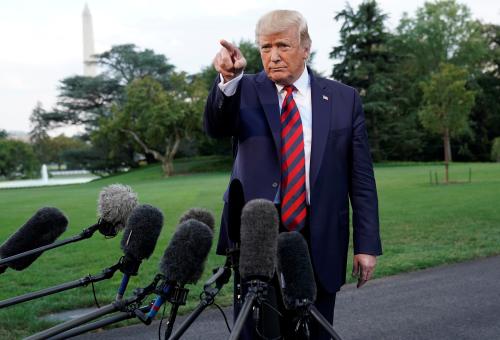
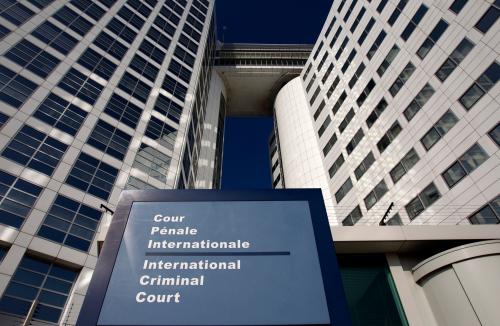
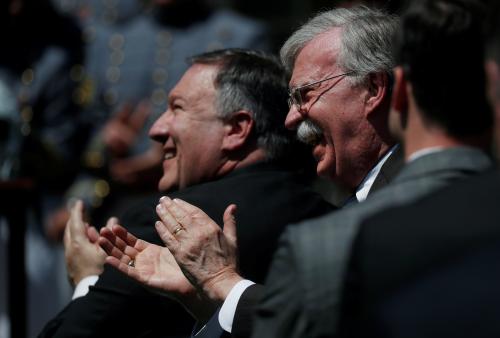

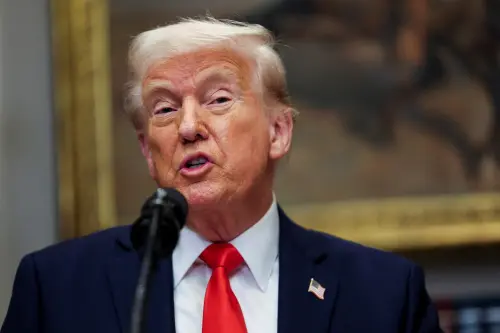
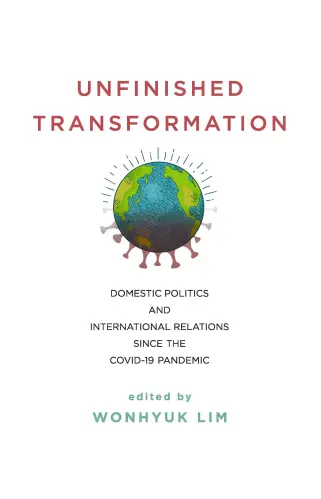
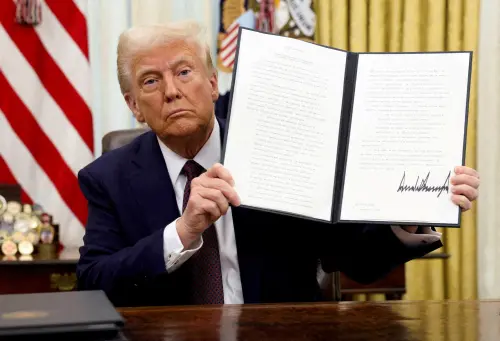
Commentary
What matters most is that Bolton publishes the book before the election
June 18, 2020